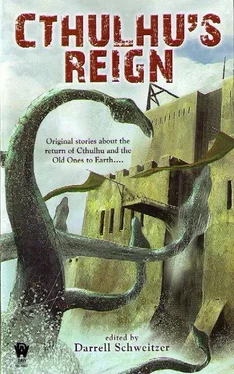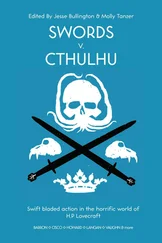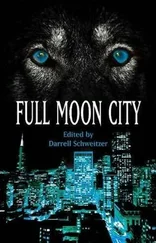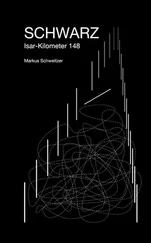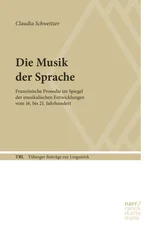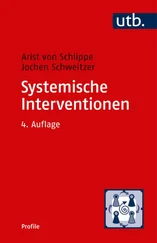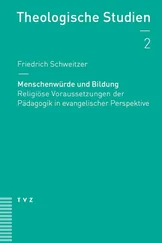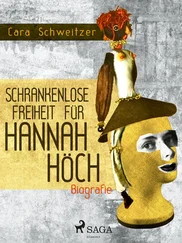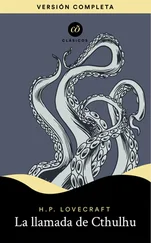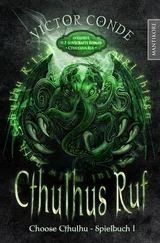He usually slept in the hall between Stephanie’s and Mama’s rooms. There had only been one incident. One night a little crack opened in the air about six inches below the ceiling and a black slime had dripped down into another crack about six inches above the age-dulled hardwood floor. He had set up for hours watching it, hoping it would go away, praying that neither of the females would wake up and see it. It faded away before dawn. Some people thought the whole process was driven by dreams. Others thought dreams were driven by the process.
He couldn’t sleep tonight. Dr. MacLeod’s words had slipped under his skin. He thought about his little girl all the time. He played with her every day, not for the joy of play but to keep her focused on human things. Other parents wouldn’t let their kids play with her, not after her mother.
She liked the swing sets in Robert E. Lee Park. That was only two blocks away. He carried her on his shoulders, like she was a much younger girl. They would swing, and he would spin her around on the roundelay. Then one morning he found that something had taken a bite out of it in the night. After that he kept her at Mama’s. Nat wanted beyond all things to be able to take her to the Church, which he figured for the only sanctuary. Father Murphy had said no. He didn’t think the girl was Marked, but you know how everyone is these days.
Dawn came and he made breakfast for himself and Stephanie. Grits with a little molasses. She looked cute rubbing the sleep out of her black eyes. She wore her pale blue shorts and her little yellow top. She was growing out of the top, beginning to have the buds of breasts. Nat doubted that she would grow up to become a woman. There was no future for humans any more. He wondered for an instant if she would “marry” one of the gray-skinned ghouls in Austin, and the thought turned his stomach. Fortunately he did not lose his breakfast — food was rare.
“Hey, I need to go to work now.”
“You don’t need to work. Abuela dreamed we won the lottery.”
“There is no more lottery, my little bluebonnet.”
“Sometimes grandma says strange things.”
“She is just playing, my little orchid.”
“What’s an orchid?”
“It’s a pretty flower like you.”
“I’m not a flower. I’m a girl.”
“Then I will call you ‘flower-girl’ because you smell so sweet.”
“The next time you go to ATX, can you bring back some perfume so I really can smell sweet?”
“I will, Flower-Girl. Chanel Number Five.”
Today he was going to work in his cousin Tony’s field. Tony was bringing in a crop of corn, some tomatoes, and yerba de manso for sore throats. Even before the Rising weather was hot in Texas by April, and smart people didn’t work at midday. He woke up Mamacita. “I am going to Tony’s today. I will bring you some tomatoes and a little oregano, OK?”
“You are a good boy, Juan.”
“I’m Nat, not Juan.”
“Be careful, Juan, bring us some chicken from that place on Goliad Street.”
He kissed Mama’s brown forehead. The light went out a little each day. He remembered the line from that poem from Mrs. Phillips’s class, “Rage, rage against the dying of the light.” Poetry made sense these days; history, not so much.
At the edge of the village stood walls made of galvanized iron and plywood. Two men were watching the road. Doublesign had been a tiny town, hence its name. “The sign that says Entering and the sign that says Leaving are on the same pole.” It was a couple of miles to the fields. He drove. As long as they could get gas out of the tanks, they wouldn’t walk. It made for too easy a target. The guards were Father Murphy, with a gray crewcut and a stained priest’s collar, and Nick Flores, a light brown man with a big gold tooth. Nick had a 512 tat and a People’s Nation star. They drank out of thermoses, rifles by their sides.
They got off their lawn chairs and began to swing the gate open. Father Murphy waved him over. Nat rolled down his window.
“Natividad Moreno — just the hombre I needed to see.” The father’s Irish accent had not died away after twenty years in Texas. Nor had his potbelly shrunk in the last three years. He was the only fat man left in Doublesign.
“What can I do for you, Father?” asked Nat.
“You can do something for our little town.” The father’s gray eyes were about to shoot out the guilt trip ray that only priests, nuns, and mothers can use. It could turn Nat into a teenager, into someone half his age.
“I do a lot for our little town. No one else makes the run into Austin since the flying things came.”
“You are a brave man, Nat. That’s why I thought of you. I need you to bring me something powerful. In Comesee there is a used bookstore. Eligio Mondragon told me that it has a curandero’s Bible. It has some of his charms and recipes written in it. As our supply of medicine runs out, we need to know about oshá and Alamo tea. Some of the charms may be helpful against things.”
“Why don’t you go get it?” asked Nat. He knew the answer: the priest was important and he was some peon, but he wondered how the priest would say it.
“Because I am afraid,” said Father Murphy.
“You think I am not?” asked Nat. “Fear and bravery are not enemies. But isn’t the book of a curandero taking from you used to call the ‘other side’?”
“I am not making rash judgments these days. If I thought I could get the leprechauns to help us, I would be calling for them.”
“Why is Eligio remembering this now? Wouldn’t this have been a good thing last year or the year before?”
“Psychology is not my forté.”
“I am not going to risk my life for a book.”
“If you bring me the book, I will make your life much sweeter.”
“How?”
“Nat, I will allow Stephanie back into the church. I will let her stay there during the days, be in the storm shelter when needed. Your mother will not have to watch her during the day.”
This had been the first good news in so long that it almost puzzled Nat, as though he had lost his hearing and was suddenly greeted by the cry of a mourning dove.
He tried hard not to let his voice break, “You would do this for us?”
“The book is important.”
Jesús’ old Chevy Custom 10 dated from the Reagan Administration. It had belonged to Dr. Chainey, who ran the cancer clinic. Nat could’ve got a new pickup after the Dying in Austin, but he didn’t like to steal from the dead. Comesee lay twenty miles to the south. No one drove there because it lacked large grocery stores to loot — besides, as a small town, it might still have people.
The sun looked like the sun today, which Nat always felt was a good sign. He left on FM 1193. The first three miles held no surprises. About four miles on he saw one of the webbing cities. Roaches, the kind called palmetto bugs in Texas, had increased in size after the Rising. They were about as big as his fist and their shiny black carapaces were marked with bright green angular signs. They built cities. On the last day CNN had been on the air, there had been some remarks about them as the “Great Race.” Nat couldn’t see anything great about oversized bugs. People knew that they weren’t a thing of nature because their web cities were illuminated at night. The city took up the better part of what used to be a cotton field, so Nat knew it was at least forty acres in size.
He couldn’t see any of the bugs, which made him feel better. One time a couple of them flew into town and seemed to be checking everything out. Mr. Franks had run inside his house and grabbed a bottle of Raid and ran after them spraying the air. They stopped and sort of hovered. The poison seemed to do no harm, but after thirty seconds Mr. Franks just sank to the ground. His skin showed angry red blotches in the shape of the angular designs on the bugs’ wings. He never came to and passed a few hours later. Now when a bug flew by, people ran indoors.
Читать дальше
